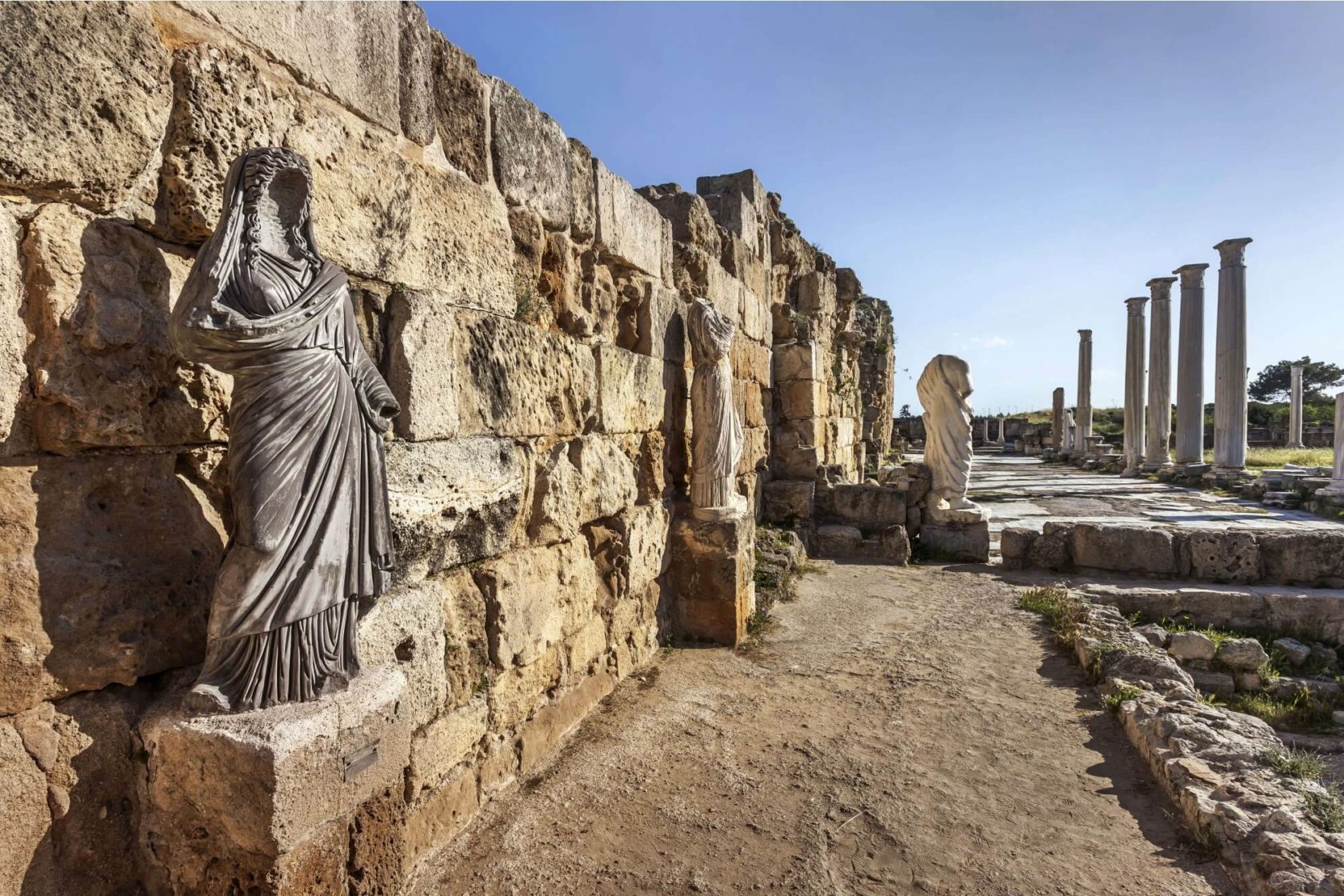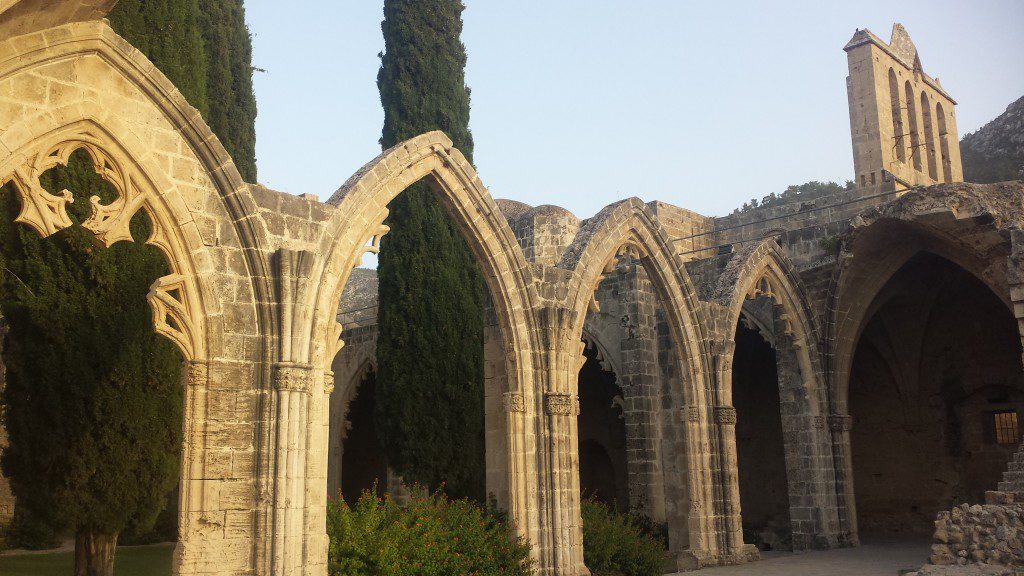
By Esha Bajaj
Although it rests in ruins today, the Ancient city of Salamis used to be a commercial and cultural hub of the island nation of Cyprus. Due to Cyprus’s history as a conquest of numerous great world powers over the centuries, the city is referenced in the great Homeric epics of Greece, in which it is stated that the city was founded by the archer Teucer soon after the Trojan War.
The Greeks were not the only peoples who brought Salamis into their writings. The Egyptians too wrote of the city’s former majesty, and it is believed that the character Tjekker from the Egyptian records was meant to be none other than Teucer, the Greek hero and supposed founder of Salamis.
It is no wonder different empires fought over the claim of Salamis’s creation, for the city was a monument to the mercantile roots of the ancient world. The city boomed due to its harbor, which was the main conduit for trade for Cyprus, linking the nation to Phoenicia, Egypt, and Cilicia.
Unfortunately, as Salamis was the portal to the riches of Cyprus, it became prey to endure a war torn history. After being snatched from the Persians by an Egyptian naval victory, Salamis was destroyed by a Jewish revolt against the Egyptians in 115 CE. Soon after, it was ravaged by a series of devastating earthquakes. The city was not completely rebuilt until the reign of the Christian emperor Constantius II (337-361 CE). After finishing the reconstruction, Constantius II renamed the city after himself, and Salamis became Constantia. The city spent three centuries enjoying a golden age of trade and economic prosperity until the city was once again destroyed by the Arabs under the rule of Muʿāwiyah in 648 CE. The city was abandoned soon after, and today what remains of Salamis is in ruins, a ghost of its former glory. However, the city’s beauty persists.

This anomaly illustrates the impact Cyprus had on its conquerors, for instead of following convention and erecting the Monastic buildings on the south side, the climate of the island nation demanded they be placed on the north in order to allow the residents of the buildings access to the cool breezes of the north in the midst of the hot Mediterranean climate of Cyprus.
To experience the history for yourself, join Pilomobile for a Yoga adventure through the island nation next summer!! Click button below for more information.